Misplaced lock; spotted outside Horton Plaza, San Diego. Photo taken and uploaded from Google Nexus One smartphone.
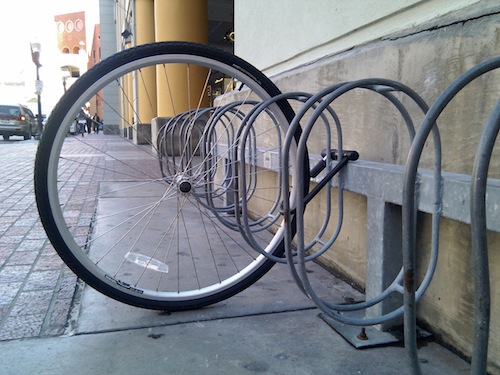

Misplaced lock; spotted outside Horton Plaza, San Diego. Photo taken and uploaded from Google Nexus One smartphone.

Why is sugar soda only available for a limited time when high fructose corn syrup is so much worse? (Taken and uploaded with Google Nexus One).
There’s a collective scorn for the way that NBC has so openly pooped on its audience like Triumph the Insult Dog: replacing its 10 p.m. lineup with five nights of cheap, clunky Jay Leno shows […]

Conan O’Brien may not last much longer as Tonight Show host, but he has my support. Even if he loses his job, Conan will be a winner. Say, can Conan collect unemployment? Now there would […]

NBC’s reasoning for bringing back Jay Leno to late-night TV is baffling. I now understand why TV programming is rife with dumb-ass decisions: The people making them.
Here’s the basic story: Last year, Conan O’Brien replaced Jay Leno as host of the Tonight Show as planned. But then NBC gave Leno his own show at 10 p.m., preempting Conan by 95 minutes, five nights a week. NBC figured Leno could carry the timeslot, saving boatloads of money otherwise spent on producing dramatic programming. Whoops, Leno couldn’t deliver the ratings, and NBC affiliates complained they were losing local news viewers at 11 p.m. The solution isn’t rocket science: Can Leno.
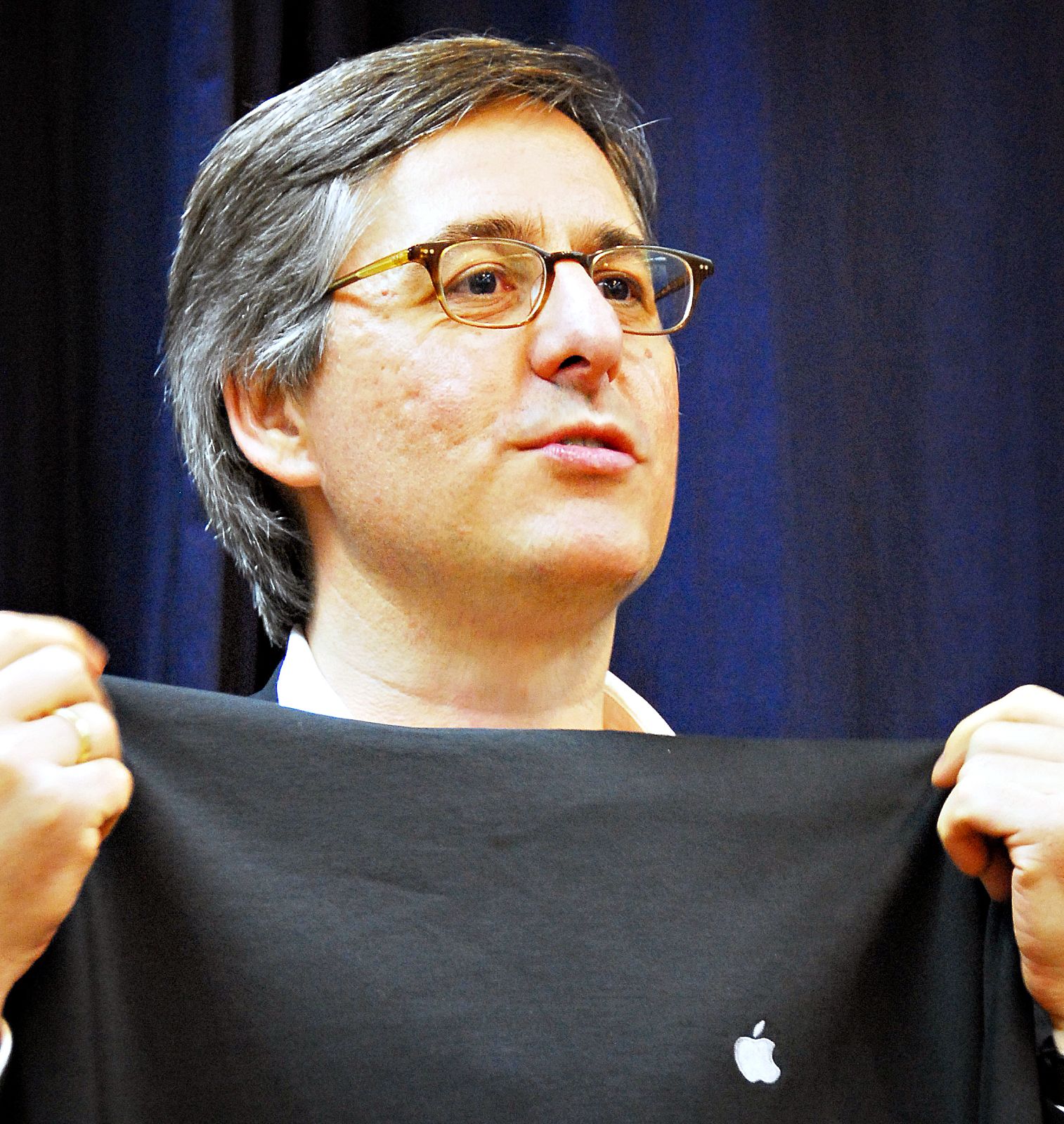
It’s not the first encounter. But this time, I fought back. Last week, someone tweeted that I had been Fake Steved. Last week, at Betanews I blogged: “Why I chose Windows 7 Over Snow Leopard (and you should, too).”
For Fake Steve (aka, journalist Dan Lyons) that translated into post title: “Borg lapdog says you should choose Windows 7 over Snow Leopard.”
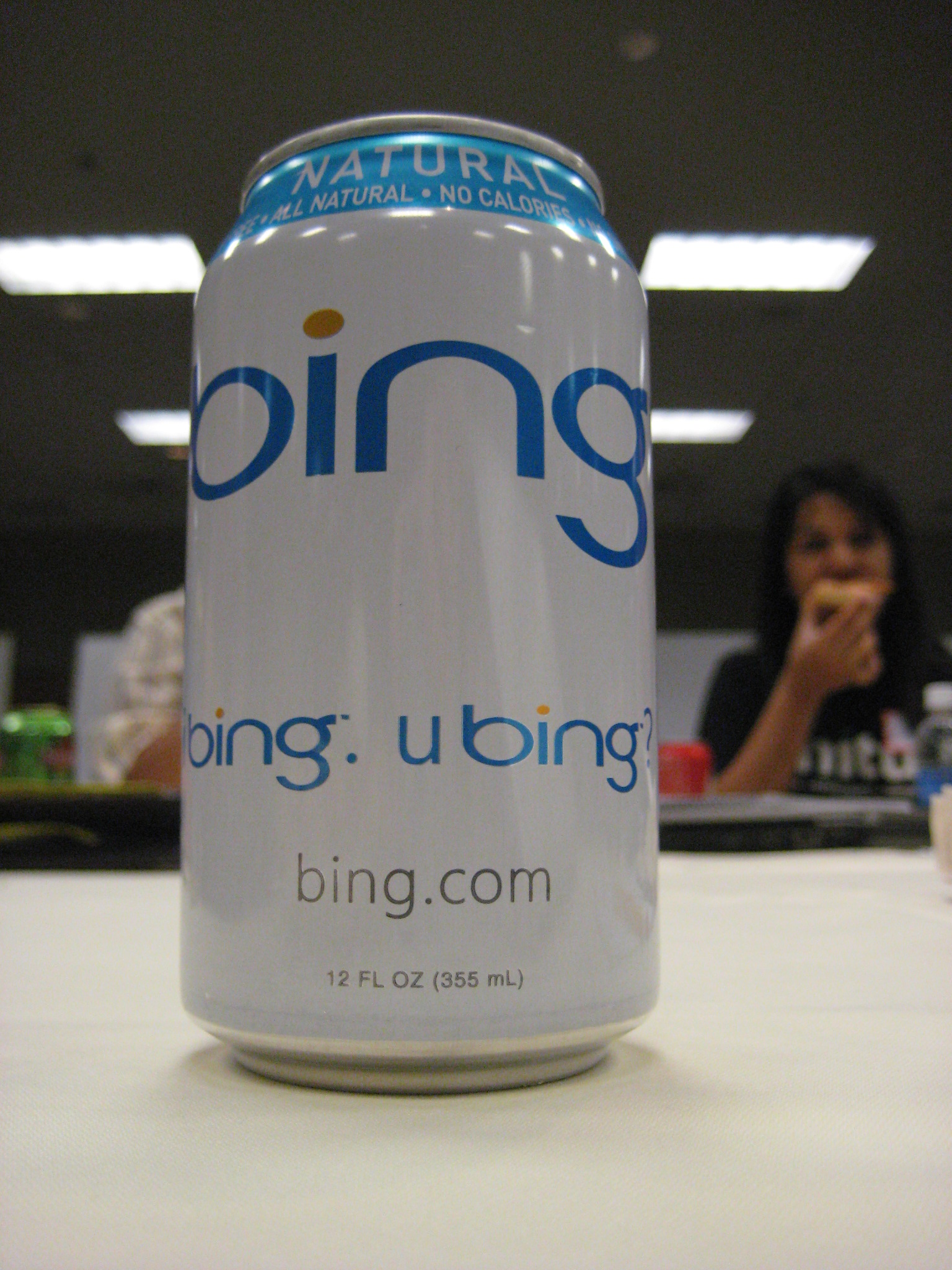
Microsoft employee evangelist Heather Hamilton is my darling today (Please don’t tell my wife!). She writes quite convincingly that “Sometimes, when something looks like a fizzy scoop, it totally isn’t.” Heather responds to a weird story circulating the blogs—soda cans marketing Bing to Microsoft employees. Anyone who works for Microsoft or has visited the campus should know there are fridges on every floor (or there sure seem to be) filled with soda and other beverages. Microsoft coolers pack a better selection than my local 7-Eleven, and for better price: Free. I’ve seen product branded cans in the coolers before, but hadn’t thought much of them. Branded gear of every shape and size can be found at most consumer companies.
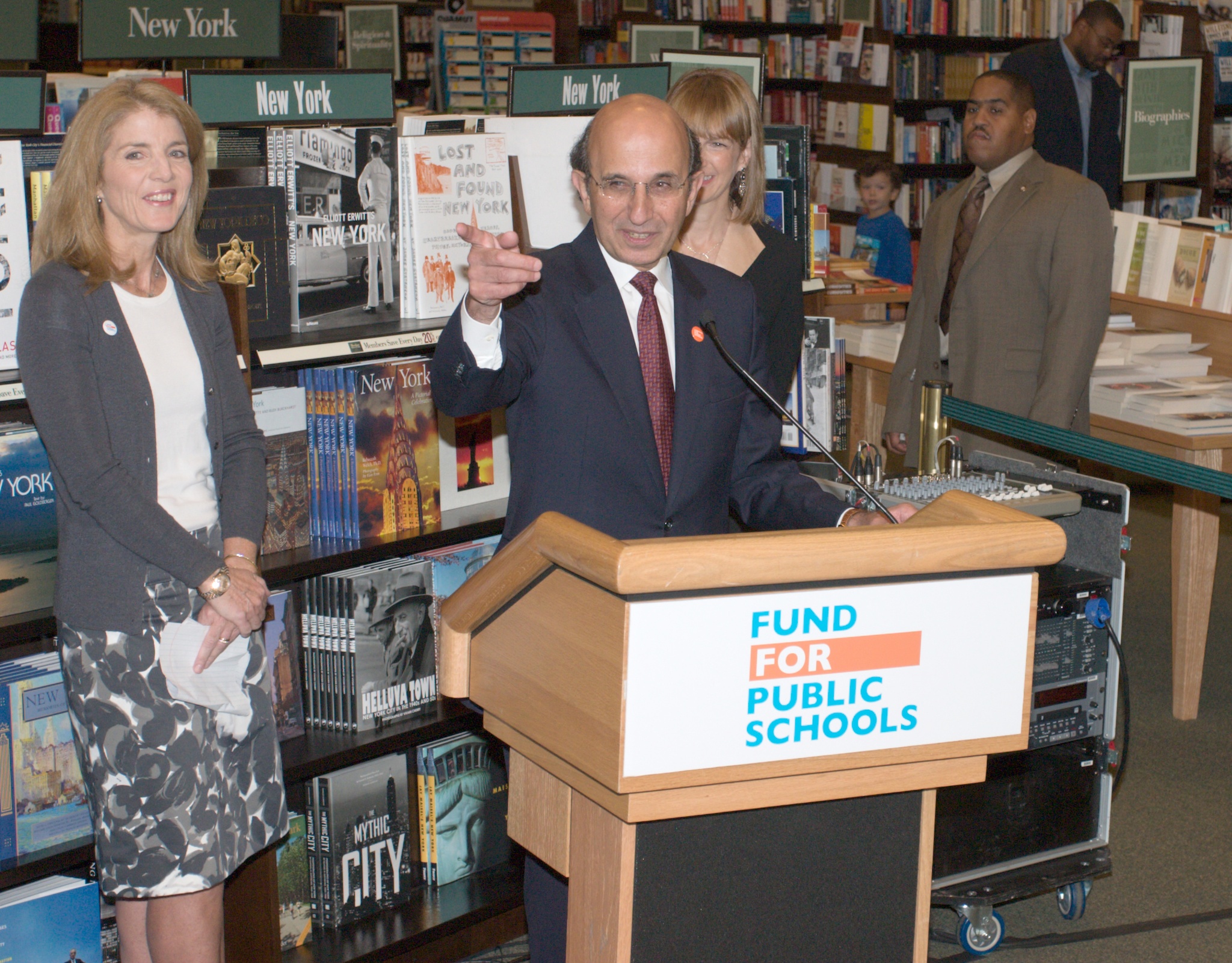
I have a suggestion for Joel Klein, chancellor of New York City schools: Publish a teaching offenders list.
I must be a slow learner, because until Saturday I hadn’t understood New York City’s losing battle with the powerful teachers union. Once teachers achieve tenure—after 3 years—they are employed for life and damn near undismissible, even for cause. Journalism professor Samuel Freedman wrote about the situation for the New York Times two years ago: “Where Teachers Sit, Awaiting Their Fates.” I missed that one, but not Steven Brill’s shocking “The Rubber Room: The battle over New York City’s worst teachers” in Aug. 31, 2009, The New Yorker.
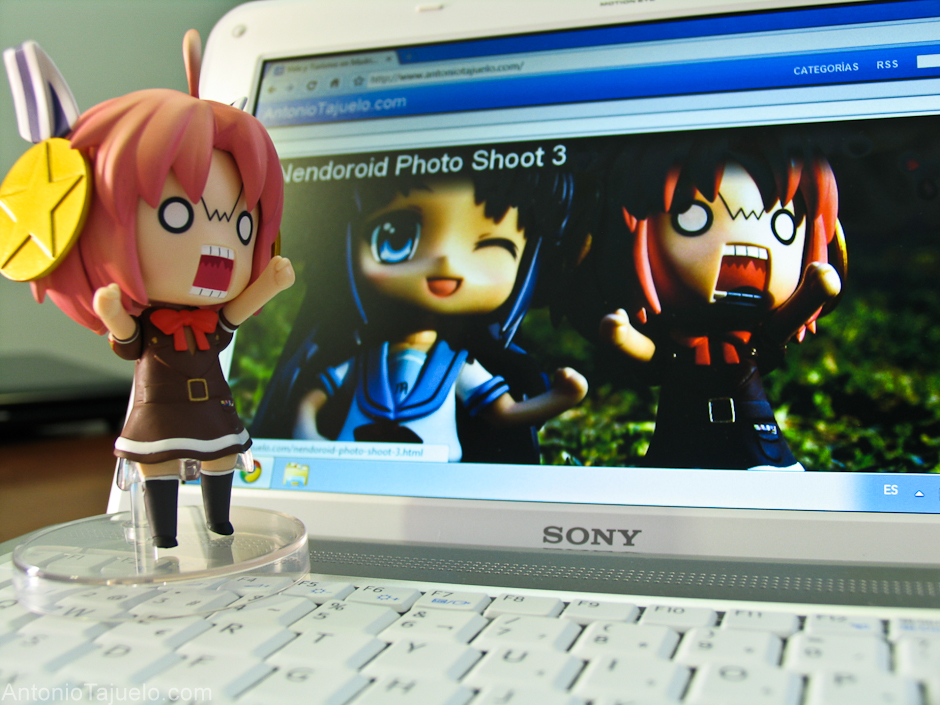
The netbook scourge continues unabated, and PC manufacturers are host on their on petard. Could anything be more putrid? DisplaySearch has ruined the last official day of summer holiday by releasing netbook shipment data. In May, I blogged that netbook US retail share approached 20 percent.
[youtube http://www.youtube.com/watch?v=lkwh4ZaxHIA] Advertising Age asks: “What’s more popular than ‘Roller Babies’. The world’s largest Slip ‘n Slide. Microsoft’s ‘Megawoosh’ campaign has successfully displaced Evian at the top of the Viral Video Chart, with almost […]

They say that a picture is worth a thousand words. Perhaps the same can be said of the right chart. The one below is so wordy I won’t have to write my usual 1,000-post. In reviewing the chart last night, I had one of those dreaded OMG moments.
[youtube http://www.youtube.com/watch?v=2MKz0gkcgAo] The last post is my interview with The Hillywood Show. Here is their video parody of “Twilight”. It’s funny and well-directed and edited. Sisters Hilly and Hannah are talented, indeed. I can’t […]